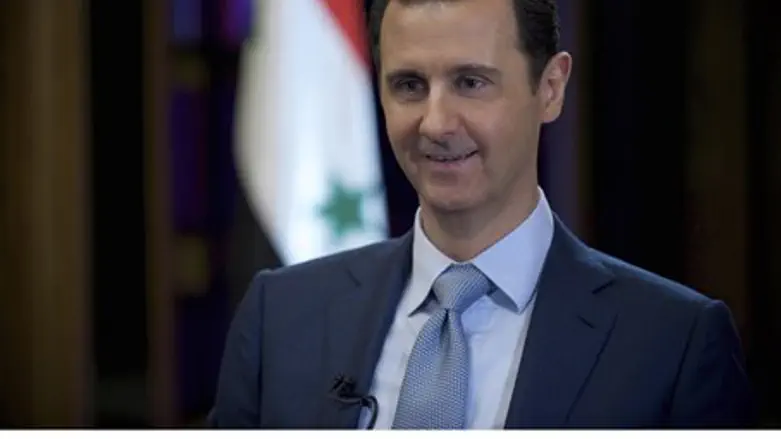
The UN Security Council on Thursday heard firsthand accounts from Syrian doctors of chemical weapons attacks in their country as it weighed possible action against those responsible.
US Ambassador to the UN Samantha Power told reporters following the closed-door meeting that the Security Council will now seek to identify those behind the attacks and ensure they face justice, reports AFP.
The United States, along with Britain and France, accuse President Bashar al-Assad's regime of using chlorine gas against civilians, but Russia maintains there is no firm evidence that Damascus is responsible.
"We need an attribution mechanism so we know precisely who carried out these attacks," Power said.
"All the evidence shows that they come from helicopters - only the Assad regime has helicopters."
"But we need to move forward in a manner that also makes it very clear to all council members and that those people responsible for those attacks are held accountable," she added.
The 15 envoys heard a report by a Syrian doctor who treated victims of a chlorine bomb attack on the village of Sarmin, near Idlib last month, that killed six people, including children.
Dying children
Power said council members became "very, very emotional" while watching a video of the doctors struggling to save children who were vomiting and choking.
"If there was a dry eye in the room, I didn't see it," she said.
The global watchdog, Organization for the Prohibition of Chemical Weapons (OPCW), is carrying out a fact-finding mission in Syria on the use of toxic chemicals during the attacks last month, and their report will be key to guiding the council on next steps.
US-based Human Rights Watch (HRW) has said it investigated six reported attacks in Idlib and villages outside the city, collecting evidence from rescue workers and civilians that provided a compelling case in three of them.
The rights group urged the Security Council to push for a full investigation into the attacks.
"So far, the Syrian government has paid no price for committing a war crime with banned chemical weapons. Security Council members, including Russia, should promptly ensure a credible investigation to uncover responsibility for the use of toxic chemicals," said HRW's UN director Philippe Bolopion.
A report by the OPCW in January concluded "with a high degree of confidence" that chlorine gas had been used in attacks on three villages in Syria last year.
But the OPCW did not attribute responsibility for the attacks, which killed at least 13 people.
The Assad regime and the rebels have accused each other of using chemical agents, including chlorine, in the four-year war that has killed more than 220,000 people.